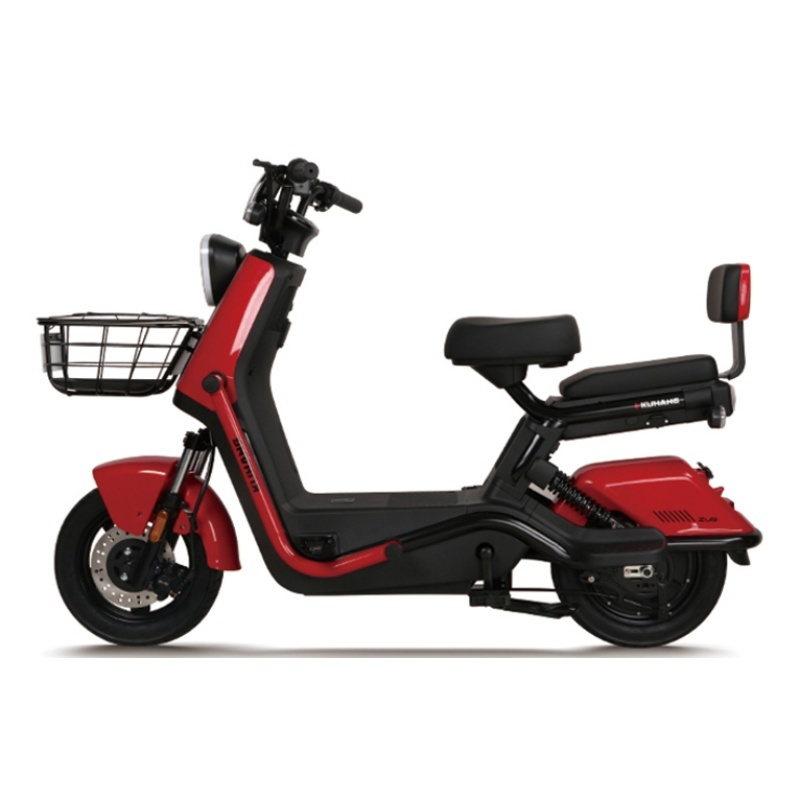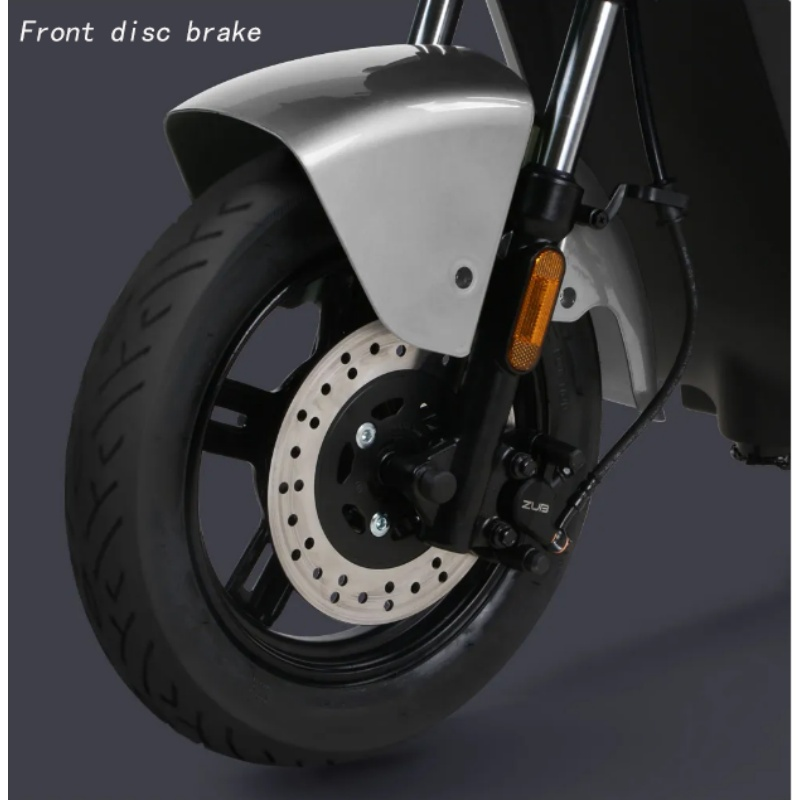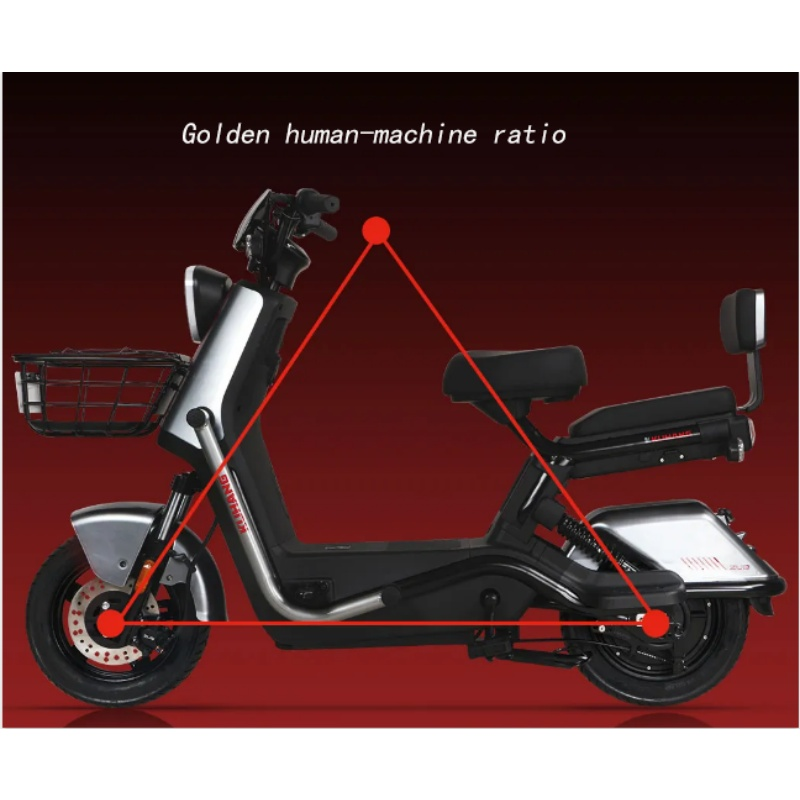electric motor for bike
An electric motor for bike represents a revolutionary advancement in cycling technology, combining traditional pedal power with modern electric assistance. This sophisticated component typically consists of a compact yet powerful motor unit that can be mounted in various positions on the bicycle frame, most commonly in the hub of either wheel or at the center drive position. The motor draws power from a rechargeable battery system, usually lithium-ion, and can provide varying levels of assistance depending on the rider's needs. Modern e-bike motors typically range from 250W to 750W in power output, capable of assisting riders to reach speeds of 15-28 mph depending on local regulations. The system incorporates advanced sensors that detect pedaling motion and force, allowing for seamless integration of motor assistance with the rider's natural pedaling rhythm. Contemporary electric bike motors feature intelligent control systems that optimize power delivery and battery consumption, often including multiple assistance modes from eco to turbo settings. These motors are engineered to be weather-resistant, maintenance-friendly, and increasingly lightweight, with many models weighing less than 8 pounds, ensuring they don't significantly impact the bike's overall handling characteristics.


